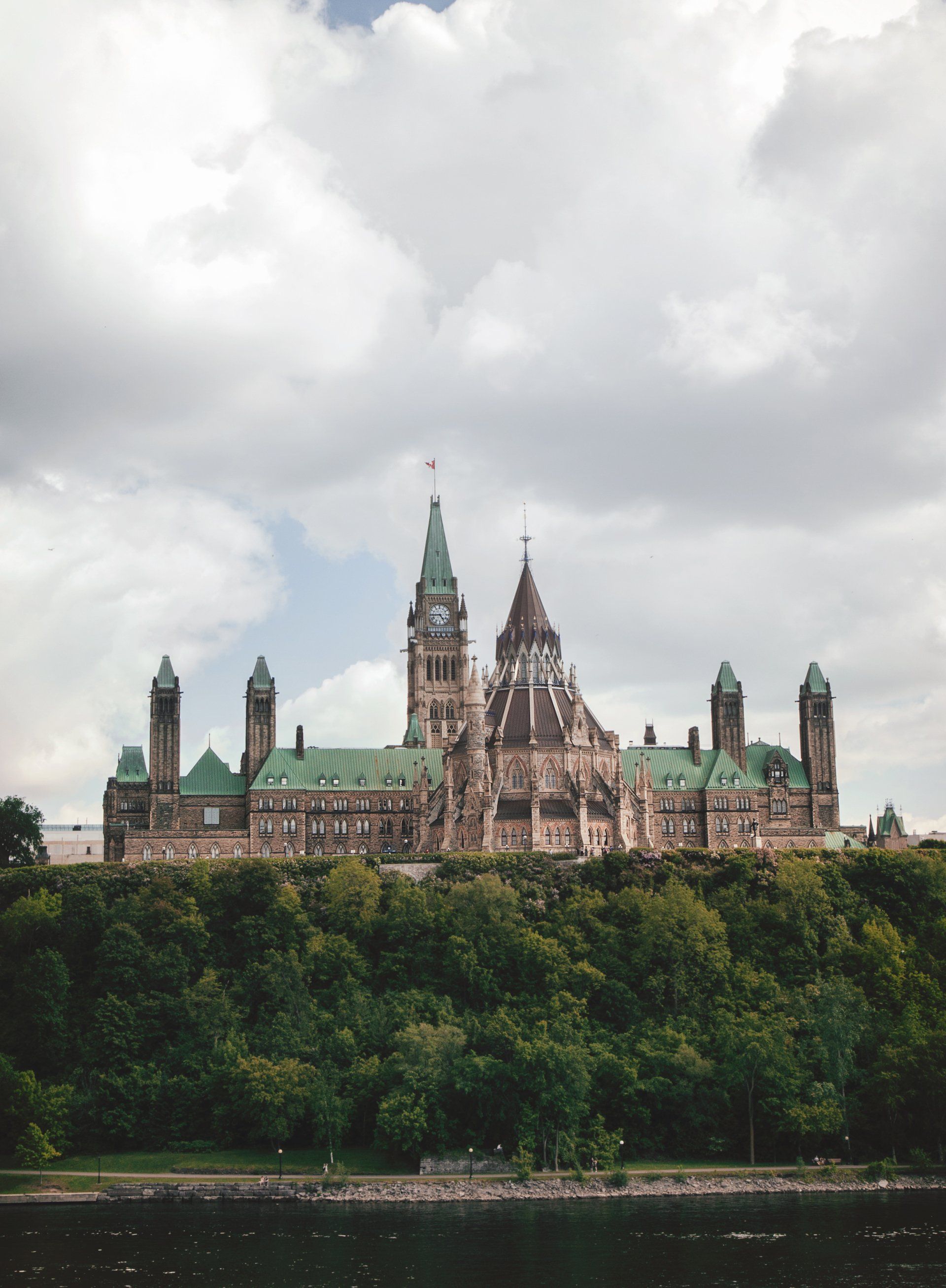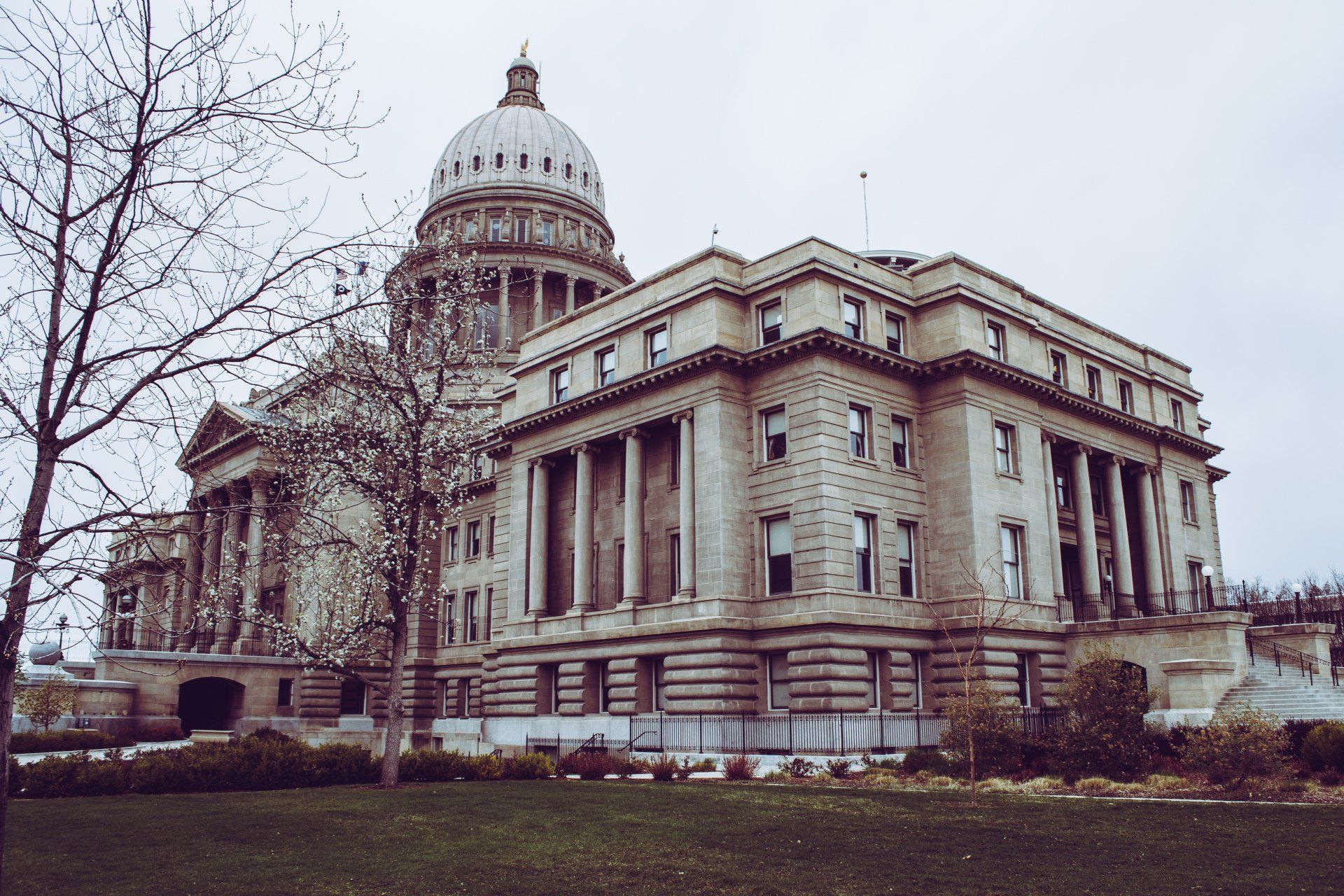RCMP Exploiting Human Rights Loophole
Context
A CBC article reported on a claim made by a human rights lawyer who suggested that the RCMP is undermining the rights of their employees by exploiting a clause in the Canadian Human Rights Act. The Human Rights Act is legislation intended to protect Canadians from discrimination by federally regulated service providers or employers in Canada when that discrimination occurs on a prohibited ground of discrimination.
This includes social categories such as race, religion, sex, or disability. The complaint must also occur through discriminatory practices, such as denying someone goods and services, unfair treatment in the workplace, or harassment in the workplace.
Analysis
The Human Rights Commission is responsible for administering the law, receives complaints from individuals, and assesses those complaints to see if they fall under the commission’s purview.
The Human Rights Commission states that employers should make their employees aware that they have the right to access the commission to redress their concerns if they so wish to do so. However, the Human Rights Act contains the requirement that if an internal grievance process is available in a workplace, the complainant must pursue that process first before filing with the commission. Only if the issue remains unresolved after pursuing the internal process would the commission consider their claim. They suggest: “If you have access to another process, you should try to deal with your complaint through that process …The Commission will usually require you to exhaust the other process available to you before you can return to the Commission.”
The RCMP has been in the spotlight for human rights abuses several times in the recent past. The Independent Centre for Harassment Resolution (ICHR) was developed by the Liberal government for complainants of the RCMP in 2021, after a sexual assault scandal that resulted in a class action lawsuit and $125 million paid out to over 2000 women who faced sexual assault or harassment on the job. This was only one of several class-action lawsuits related to sexual harassment and assault that have been filed against the organization. Another issue with the ICHR is that critics claim it is not entirely independent from the RCMP since it reports back to the RCMP after it does its investigation.
Another compounding issue is that the ICHR has had longstanding issues with meeting resolution
timelines since its creation two years ago. The ICHR aims to complete grievance processes within a year of initiation but has been consistently over-logged with complaints. The Human Rights Act requires that the accusations of sexual harassment happen
promptly. The RCMP was
considering using internal investigators to handle the backlog of complaints once it started to be overwhelmed. This was criticized by the RCMP union since the point of having an independent organization is to have external independent investigations. Given the lengthy internal review process that is available for officers who wish to file a complaint, it is unclear whether the organization meets the requirement for a prompt resolution.


